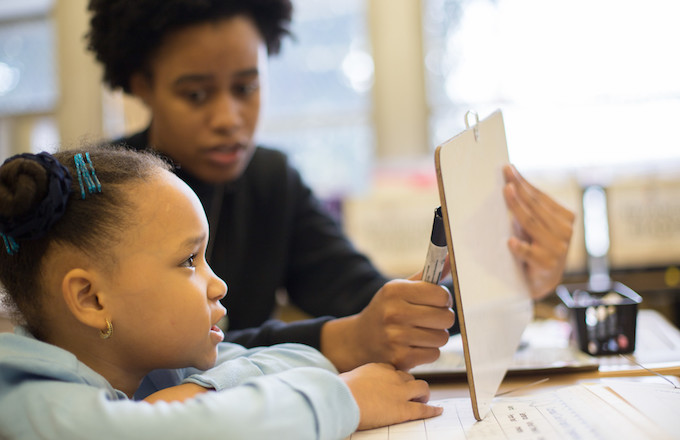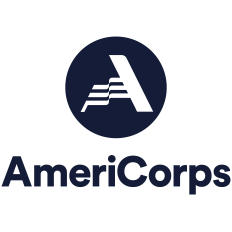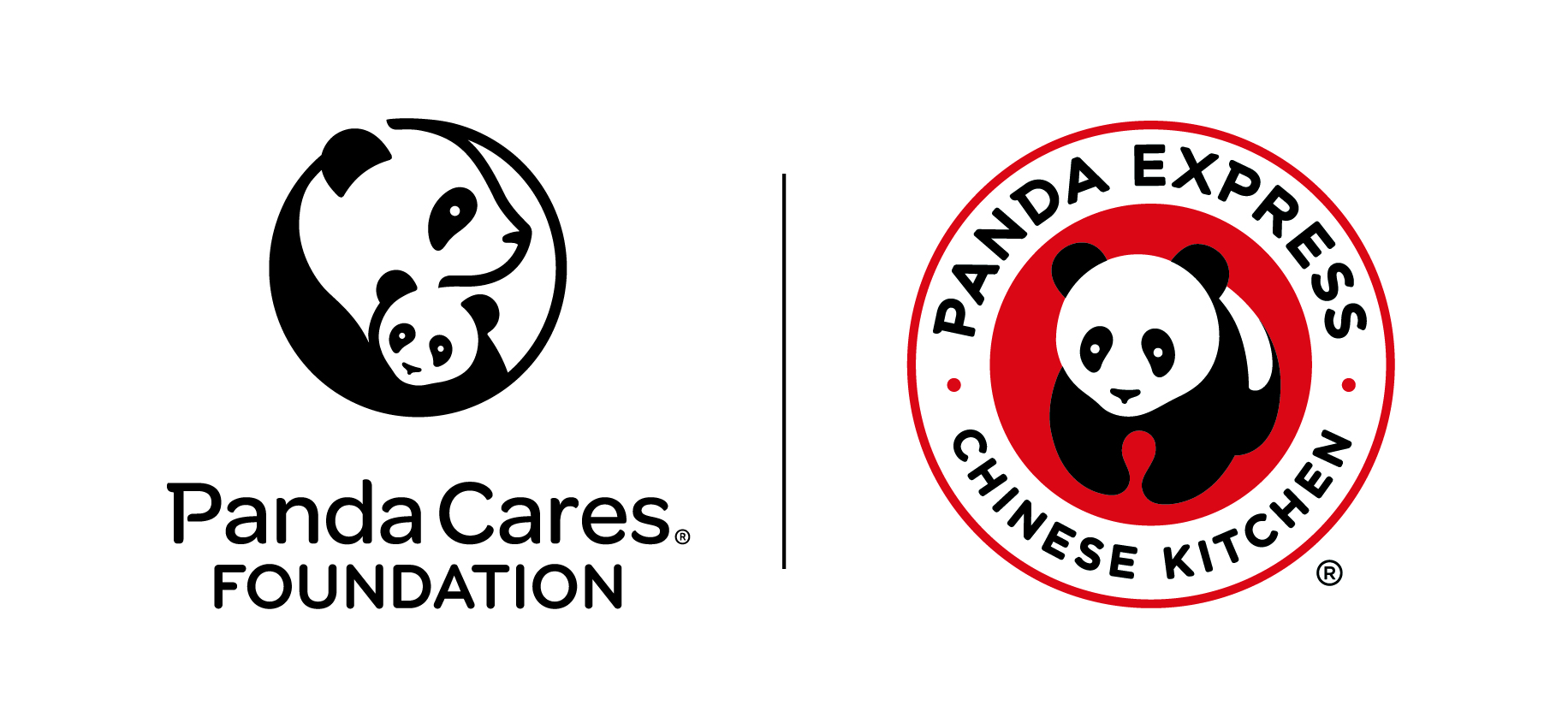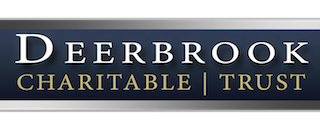April 11, 2023
National Volunteer Week | An interview with Alvin, a 7-year tutor

In honor of National Volunteer Week 2023, we chatted with Alvin Lee, a volunteer in Reading Partners New York City who has been tutoring for seven years.
Watch a highlight from Alvin’s interview here.
This interview has been edited for clarity and length.
What’s your name, occupation, and Reading Partners region?
My name is Alvin Lee. I’m retired. And I’m in New York.
How long have you been tutoring?
I’ve been tutoring for seven years, I guess, it’ll be at the end of this month or the beginning of next month.
Why did you decide to start tutoring all those years ago?
I’m retired, so after taking some time off to just do a lot of stuff that I hadn’t done while I was working, I found myself with a lot of free time. I decided I needed some structure in my life, and I wanted to do something useful. An old college roommate in Minnesota told me about Reading Partners. He said, “We have Reading Partners here in Minnesota. You probably have it in New York, too.” So I looked into it, and it seemed like something I would want to do. I was always good at training people at work. I thought maybe teaching would be something I’d be good at. So I gave it a shot.
How has your tutoring experience changed over the years?
When I first joined, when my kids struggled, I often took it personally. I felt like I was failing them, and I got really depressed about it. But then, I’d see them with other tutors and they’d be struggling with the other tutors too. And then since I was at the same school for six years, I got to see these kids actually develop over time. So what you learn is that kids develop at their own rate. It’s just important to keep them moving forward. Make sure they don’t fall far behind and then, over time you do make a difference. You just have to play your part.
What’s kept you coming back to Reading Partners year after year?
It seems like we’re really having an impact.
What’s a fond memory you have from your time tutoring?
I remember one time we were doing an exercise where kids talk about what they want to be when they grow up. I had a little girl who said she wanted to be an engineer, which was a big surprise because a lot of little kids don’t even know what an engineer is. So, we asked them to draw a picture of their future occupation. She drew a candy factory because she wants to be someone who designs machines that make candy. That was really kind of cute.
I think the other thing I remember a lot is I had this one kid who, during vocabulary practice, I would ask him about a word and instead of giving you the definition or using it in a sentence, what he would do was he acted out the word or drew pictures. I’d say, “what does frightened mean?” And he’d go [Alvin makes a scared face]. And then I asked him what corner meant, so he drew an intersection with corners. So clearly he knew what those words meant, he just did it in a different way.
What’s some advice you have for other tutors?
Well, first things first, every child’s different. What works with one child may not work with another. And it’s just so important to sort of figure things out in terms of what interests them, what doesn’t interest them. Then the other thing is, like I said, don’t take this stuff too personally. Just remember you’re part of a bigger effort. You’re part of a process and you just need to keep the ball rolling. That’s the most important thing.
What’s your favorite book?
When I was a kid, Catcher in the Rye was a very important book to me because I was kind of the kid who didn’t fit in. Also, a book I read in high school called The Worldly Philosophers, which is basically these little biographies about economists. Most of it was about how real-life events shaped their economic theories, and it taught me about activism, thinking about how you could change the world and how it can actually work. Then in college, I got a book called The Wayward Puritans, which explained that rules and laws are basically just a way of defining the boundaries of acceptable behavior in society. So that’s always influenced me in terms of the way I think of rules and regulations.
Was there anything else you wanted to share about your tutoring experience or Reading Partners?
The important thing that always sort of strikes me when I read a book with a kid is that everything on the page is a word. I had a kid who really struggled with names. Unless he had a friend with the name of the character, it just became another word he had to learn. It’s the same with sounds like “Kaboom” or “Bang.” Children’s authors seem to think it’s really cute to put them in the book, and it is if an adult was reading the book. But for a kid, it just becomes another word they have to learn. I guess that’s something that I always think about, how everything on the page counts.












